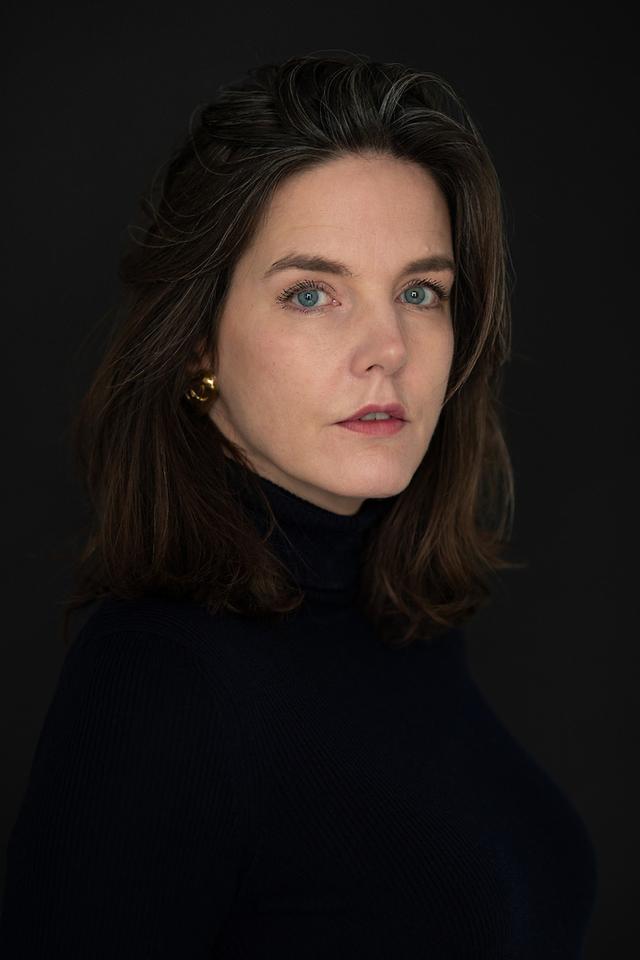What I’d Rather Not Think About
What if one half of a pair of twins no longer wants to live? What if the other can’t live without them? Those questions are at the heart of 'What I’d Rather Not Think About', Jente Posthuma’s second novel. The protagonist is Two – that’s not her real name, but it’s what her brother calls her because she was born 45 minutes later. The brother himself is One.

This ranking implies that the brother is the strongest and smartest. No one is worried about him. ‘“There’s nothing my son can’t do,” my mother used to say. “He’ll grow up to do something special.”’ That’s also how Two sees him. He’s her anchor. But from the very first page, when brother and sister ‘play waterboarding,’ the book chips away at that image. Because even though people say that twins understand each other wordlessly, this isn’t true for the twins in Posthuma’s novel – or at least it hasn’t been since they were nine. That was the year he got bullied in school; from that moment on ‘my brother’s eyes slowly extinguished.’
In brief, precise vignettes, Posthuma tells the story of a depressive brother, viewed from the perspective of the sister who resents her twin, struggles to understand him and misses him terribly. She looks back on their childhood, with an absent father and a mother who wasn’t
physically affectionate; on trips to New York and the fall of the Twin Towers. She tells of their adult lives, how her brother tried to find happiness, lost himself in various men and the Bhagwan movement, though never completely. How she wanted him to know that she needed him, but never managed to find the right words.
To dull the pain, she collects sweaters: ‘At twenty-seven years old, I had one hundred and forty-two sweaters and it was time to go to therapy.’ She grows obsessed with Mengele and his experiments on twins. And even though she’s married to Leo, her brother always remains number one.
Posthuma’s scenes are deceptively light and sometimes wryly absurd, full of dialogue that is all about what’s not being said. Two’s urge to keep her brother close is always pulsing beneath the surface. But her brother is ‘broken and can’t be fixed anymore.’ After his death, Two hides out in his apartment, reading and rereading his journals. The desire to understand him remains, but she doesn’t find the answers she’s looking for. Posthuma has written a novel about this predicament that is deeply moving, vulnerable and funny.
A tragic story about twins in which there’s still plenty to grin about.
de Volkskrant
A poignant, restrained novel about depression.
Trouw
